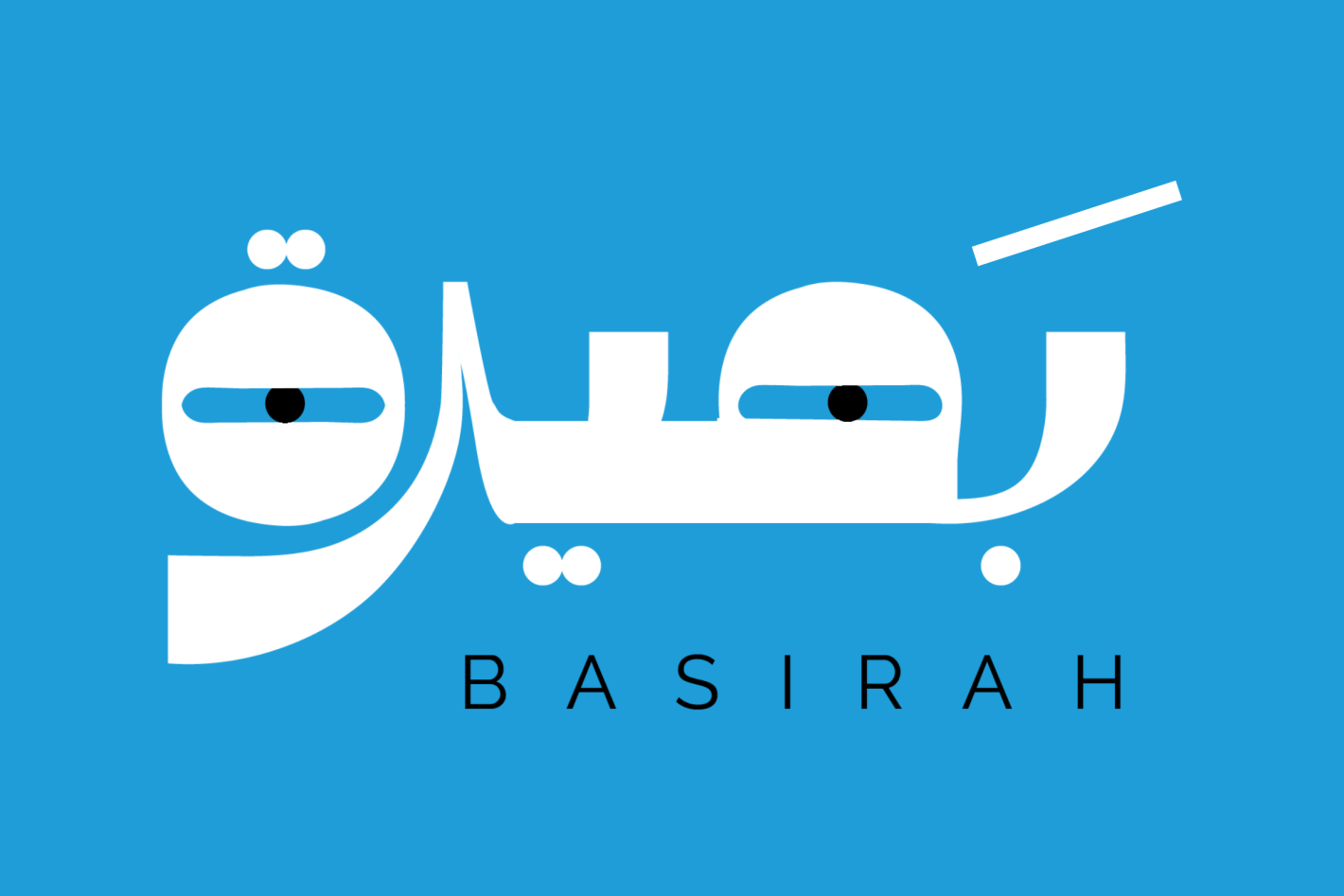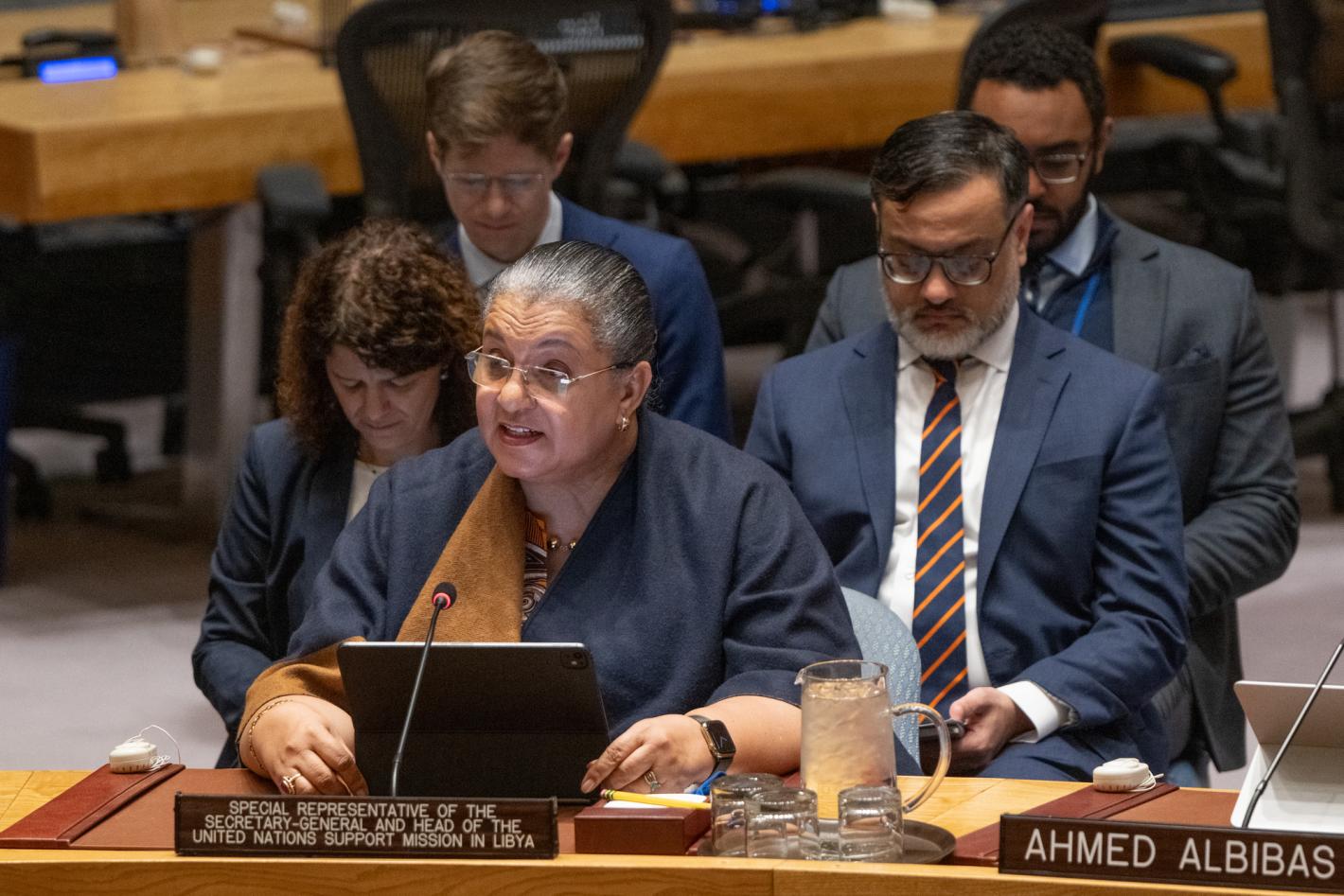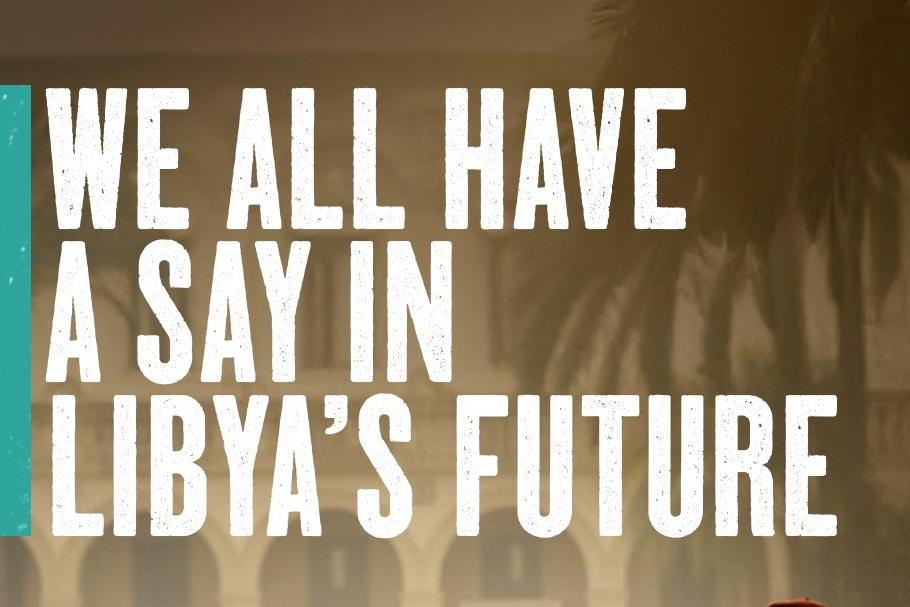TRIPOLI – 18 June – Last week the United Nations Support Mission in Libya (UNSMIL) held a workshop for civil society actors to improve communication and collaboration between citizens and state authorities on security issues, and to equip them with the skills and knowledge to effectively address challenges in the sector and in the disarmament, demobilisation and reintegration.
Some 35 civil society actors, including women and youth, from Libya’s east, west and south attended the workshop. This was the third such workshop organised by UNSMIL to strengthen the voice, role, and abilities of civil society actors in Libya, this time on improving their relationships and collaboration with national authorities and the civil society’s involvement in overseeing the security sector.
“Although civil society plays a crucial role in building and consolidating functional democracies, national security, and disarmament, the relationship between the State and civil society is limited and mostly unsatisfactory all around the world,” said John Symons, Security Sector Reform officer, from UNSMIL.
The workshop explored successful examples from 23 countries, including Libya, where citizens and the government worked together for positive change. Participants also discussed challenges in Libya, such as non-state actors taking over government duties in critical sectors.
“We need to address the gun culture in Libya, use social pressure to mitigate the influence of non-state armed groups [and] educate parents on the dangers of the expanding gun culture through, for example, the Council of Mothers, to make them agents of change,” said a female workshop participant the South.
Despite the challenges facing civil activists, there was optimism for the future and a commitment to working together on security and rebuilding efforts, including building on successful initiatives in the past such as youth education and rehabilitation programmes in Sebha and Benghazi, said a young male participant from Eastern Libya.
The participants in the workshop appealed to the government to change laws affecting the work of civil activists to facilitate their important roles in state building and collaboration with authorities.
"Libya needs to build legitimate institutions with people who have the skills and experience to do a good job,” said a female participant from the West. Participants agreed that the establishment of effective state institutions that respect the rule of law, respond to the needs of the population, and are accountable to citizens and to civilian authorities, are the basis of a healthy democracy in Libya.






